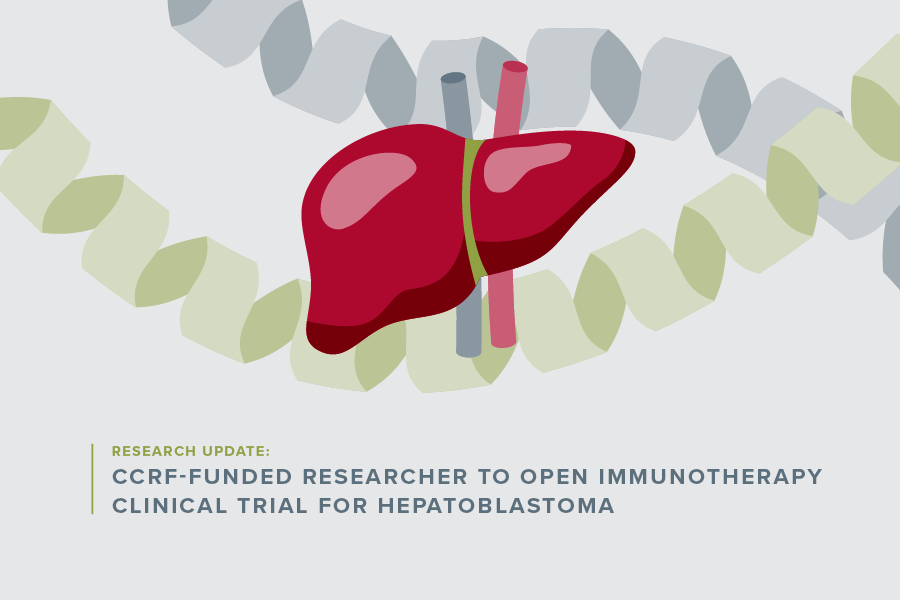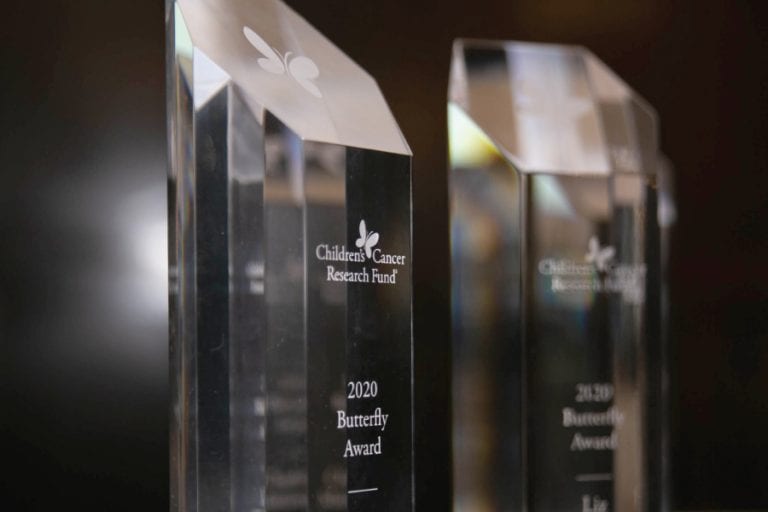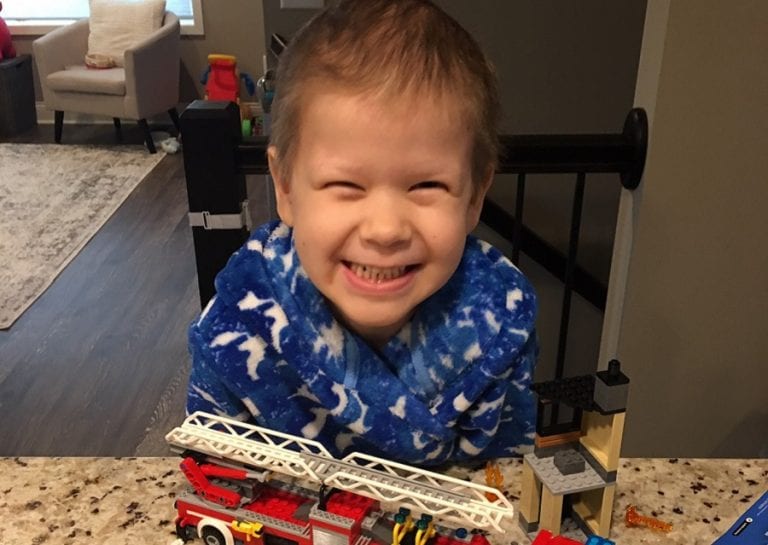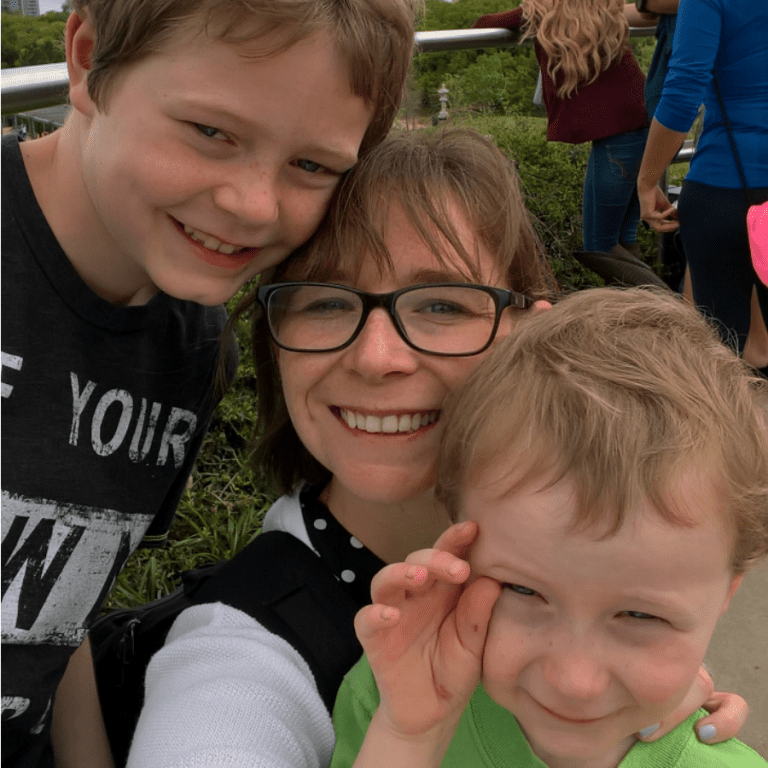If there is one thing to know about Dr. Allison O’Neill, it’s that her patients are the driving force behind everything she does.
Dr. O’Neill is the Clinical Director of the Solid Tumor Program and Medical Director of the Pediatric Liver Tumor Center of Excellence at Dana-Farber/Boston Children’s Cancer and Blood Disorders Center. While she cares for patients with all types of solid tumors, she has a particular passion caring for patients with all types of primary liver tumors.
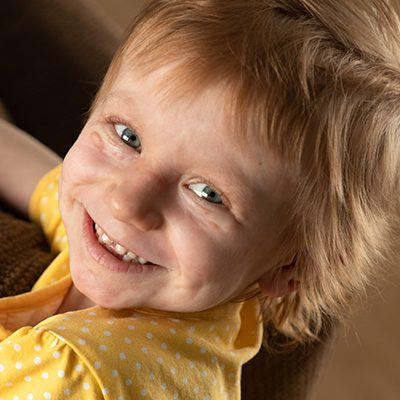
O'Neill's research will help kids like Bella, a hepatoblastoma survivor. Click to read Bella's Story.
Her focus is on finding a cure for children diagnosed with hepatoblastoma and hepatocellular carcinoma. Hepatoblastoma is the most common tumor affecting children, with approximately 100 cases diagnosed every year. The second most common liver tumor is hepatocellular carcinoma, with 50 to 80 children diagnosed every year.
O’Neill, a recipient of the Accelerating Impact for Hard to Treat Cancers Award from Children’s Cancer Research Fund (CCRF), is studying a new therapy to treat children with relapsed or refractory hepatoblastoma and hepatocellular carcinoma.
“There is a real need for improved therapies for these types of diseases. Currently, all we have is chemotherapy. There are very few targeted agents that work well,” she said.
Learn more: Why childhood cancers are considered "too rare" to get research funding
Determined to find a cure, O’Neill’s path aligned with Eureka Therapeutics, an industry sponsor focused on helping adults fighting hepatocellular carcinoma.
Two years ago while giving a presentation about alpha-fetoprotein (AFP) decline at a National ASCO meeting in Chicago, a leader of clinical development at Eureka approached her. AFP is a protein secreted by certain liver tumors that is a very sensitive marker for disease.
“A scientist from Eureka approached me and was interested in my work on this particular tumor marker,” said O’Neill. “The Eureka representative said that Eureka had an immunotherapeutic designed to target this marker. It was designed for use in adults but there was an avenue to think about study in pediatrics.”
This chance meeting resulted in a burgeoning relationship; Dr. O’Neill subsequently combined forces with Eureka Therapeutics to work on a clinical trial to study this immunotherapeutic option for pediatric patients.
“The trial proposes collecting a patient's own immune cells, removing them from the patient's body, altering them such that they recognize the AFP protein, and infusing these immune cells back in the patient,” she said. “Once back in the patient, these immune cells locate their target and hopefully kill the cell associated with that target."
The trial is written and has FDA approval. O'Neill and Eureka Therapeutics hope to launch enrollment on the clinical trial and enroll their first few patients in the coming months.
Dr. O’Neill said this project would not have been possible without funding from Children’s Cancer Fund donors.
“There are very few opportunities like this for rare pediatric indications. While Eureka Therapeutics could fund many aspects of the trial, the cost of collecting a patient’s immune cells is extremely expensive in children. I am indebted to the CCRF for providing the necessary bridge funding to conduct this trial and for recognizing the importance of funding trials like this for rare indications,” O’Neill said. “It is an extraordinary opportunity to pair with an industry sponsor for a pediatric indication and the CCRF will enable this work to come to fruition.”
Learn more: Building the case for kids with hepatoblastoma
O’Neill hopes that the more awareness there is about these rare pediatric diseases, the more opportunities there will be to fund initiatives intended to improve the care of these patients.
“I would like the donors to know that we could not accomplish our goals without them. They are so extraordinarily pivotal in supporting research, next steps, and improving cure rates in pediatric patients.”
Kids Deserve Better, Safer Treatments
We believe kids fighting cancer deserve treatments that both eradicate their cancer and allow them to live full, healthy lives. With only 4% of federal cancer funding dedicated to childhood cancer, your support is crucial to finding safer, more effective therapies for kids battling cancer.

